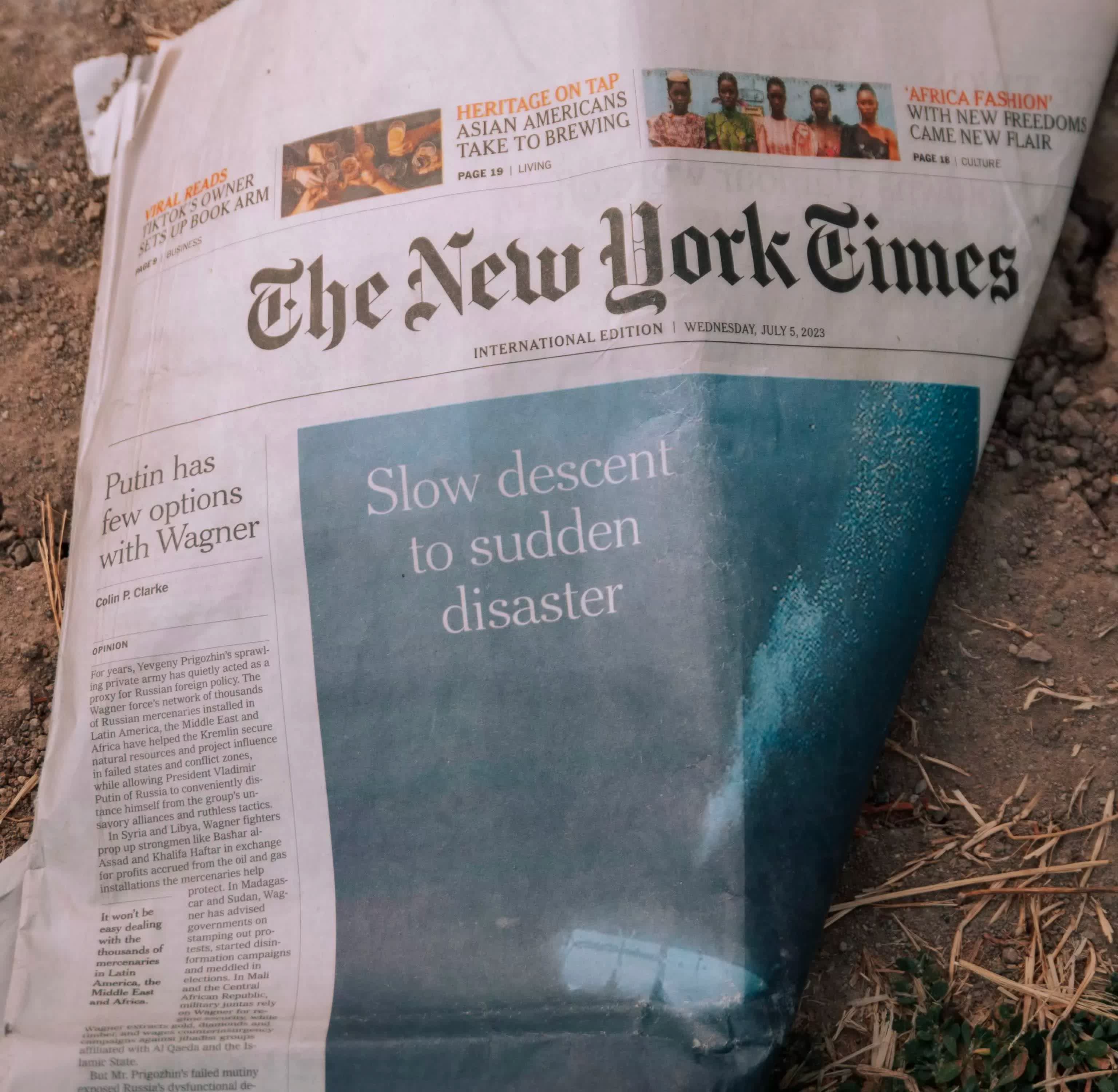WTF?! The New York Times' copyright lawsuit against OpenAI has taken an unexpected twist after the tech company accused the newspaper of hiring someone to "hack" ChatGPT and other products to generate misleading evidence supporting its claim. OpenAI's use of the term "hack" may be a stretch, though.
The NYT sued OpenAI and Microsoft in December for using millions of its articles to train their systems without permission or compensation. The suit states that millions of the Times' copyrighted news pieces, in-depth investigations, opinion features, reviews, how-to guides, and more were used to train the chatbots, which now compete with the news outlet as a source of information.
In a filing in Manhattan federal court on Monday, OpenAI alleged that the Times "paid someone to hack" its products to generate 100 examples of copyright infringement.
OpenAI claims that it took the Times tens of thousands of attempts to generate "highly anomalous results" and that it achieved this using "deceptive prompts that blatantly violate OpenAI's terms of use."
"They were able to do so only by targeting and exploiting a bug (which OpenAI has committed to addressing) by using deceptive prompts that blatantly violate OpenAI's terms of use," OpenAI's lawyer wrote. "And even then, they had to feed the tool portions of the very articles they sought to elicit verbatim passages of, virtually all of which already appear on multiple public websites."
"Normal people do not use OpenAI's products in this way [...] In the ordinary course, one cannot use ChatGPT to serve up Times articles at will," OpenAI continued.
OpenAI does not name the "hired gun" who it claims the Times hired to manipulate ChatGPT's output, nor does it accuse the paper of actual hacking. This sounds more like standard prompt engineering, and the Times agrees.
"What OpenAI bizarrely mischaracterizes as 'hacking' is simply using OpenAI's products to look for evidence that they stole and reproduced The Times' copyrighted works. And that is exactly what we found. In fact, the scale of OpenAI's copying is much larger than the 100-plus examples set forth in the complaint," said Ian Crosby, Susman Godfrey partner and lead counsel for the publication. "In this filing, OpenAI doesn't dispute – nor can they – that they copied millions of The Times' works to build and power its commercial products without our permission."
The use of copyrighted work in the training of generative AIs has led to numerous lawsuits from authors, artists, and creators. OpenAI said in the filing it believes AI companies will win cases like these based on fair use. It notes that The Times "cannot prevent AI models from acquiring knowledge about facts."
It was reported back in August that the Times had been in "tense negotiations" over reaching a licensing deal with OpenAI and Microsoft that would allow the former to legally train its GPT model off of material published by the Times, something the newspaper previously decided to prohibit. But the talks broke down, leading to the current lawsuit. OpenAI already has an agreement in place with Reuters and Axel Springer to use their content for training purposes, and is said to be in talks with CNN, Fox Corp., and Time to secure licensing deals.
